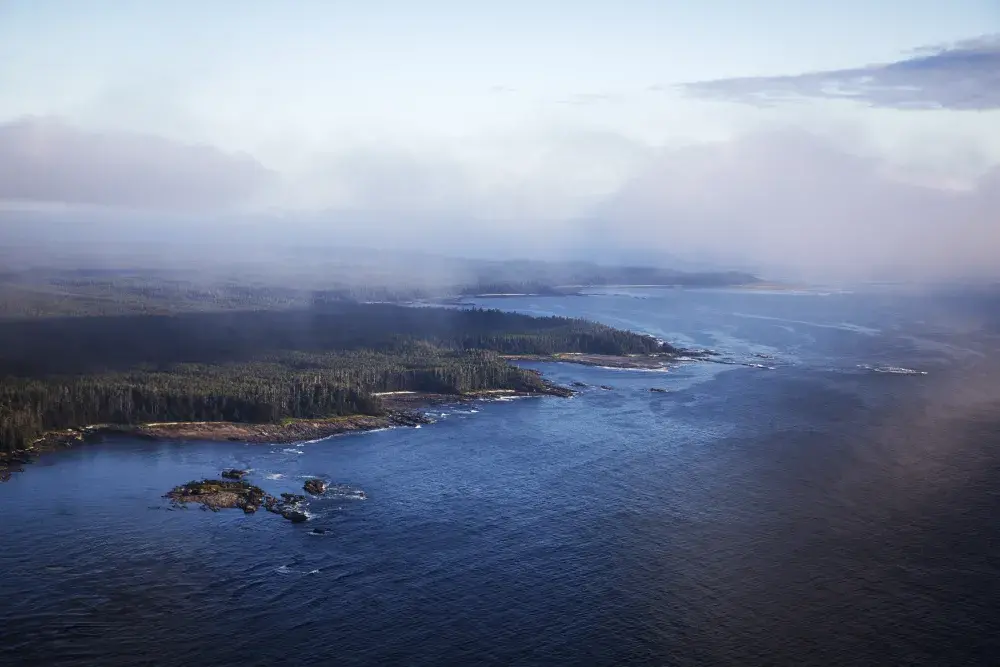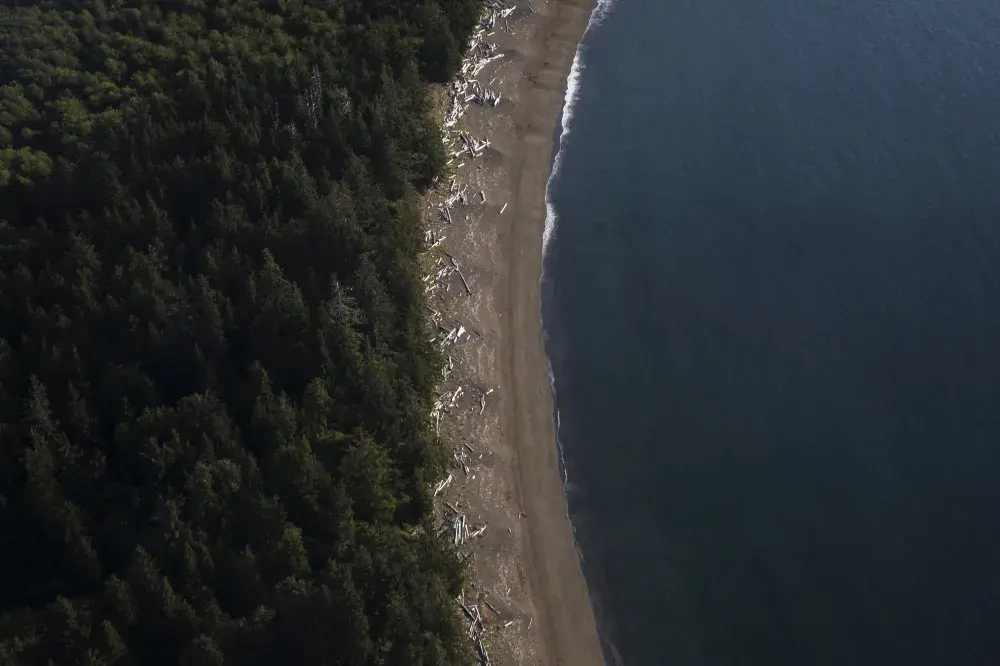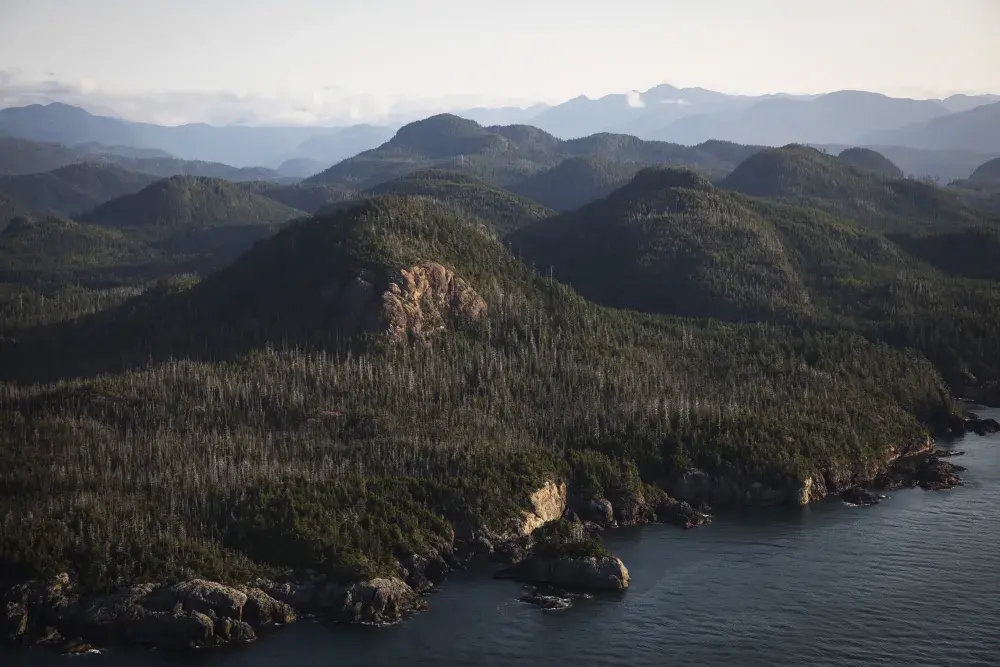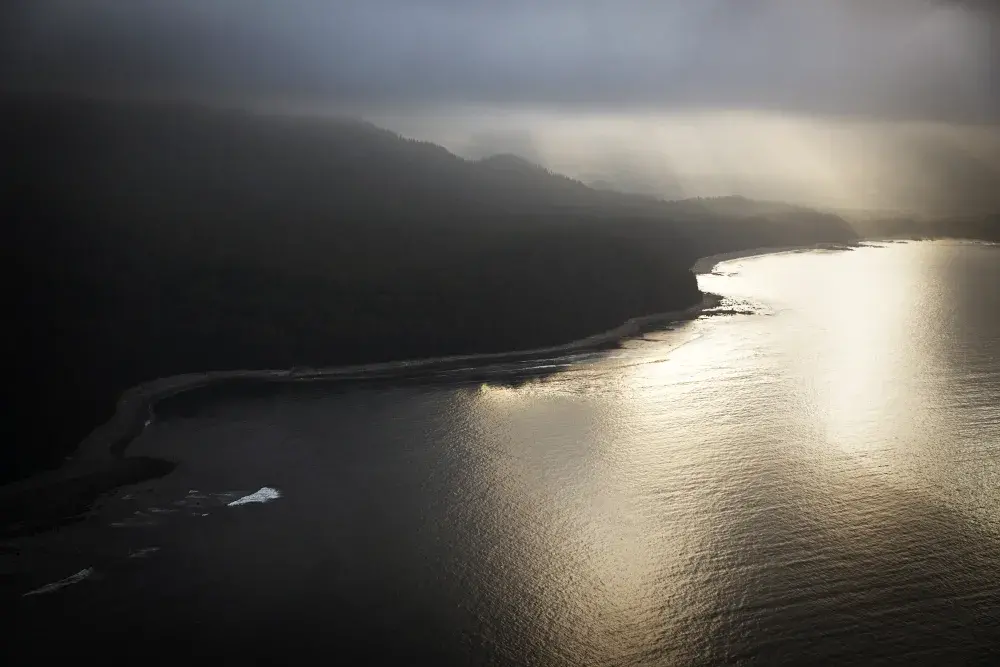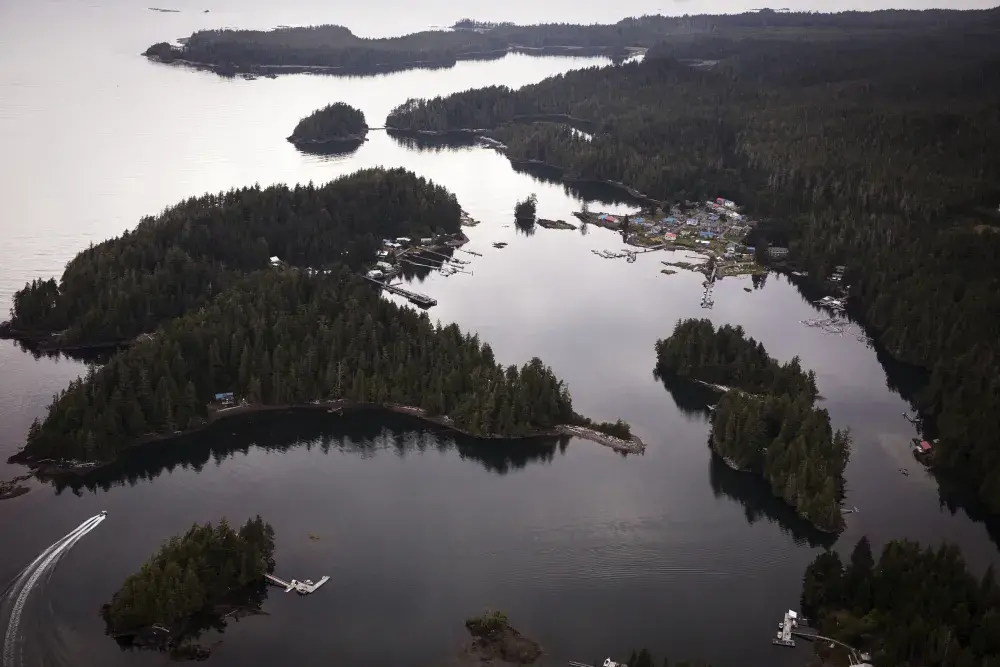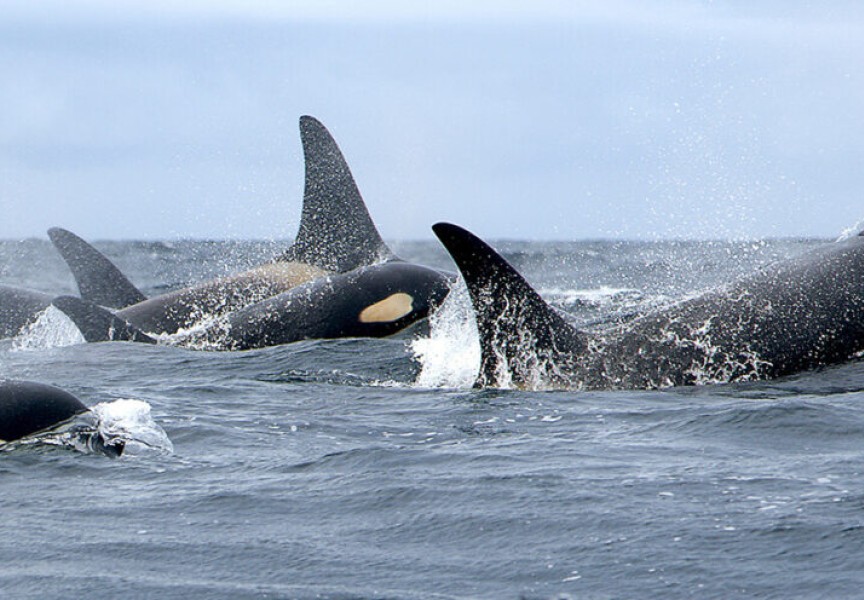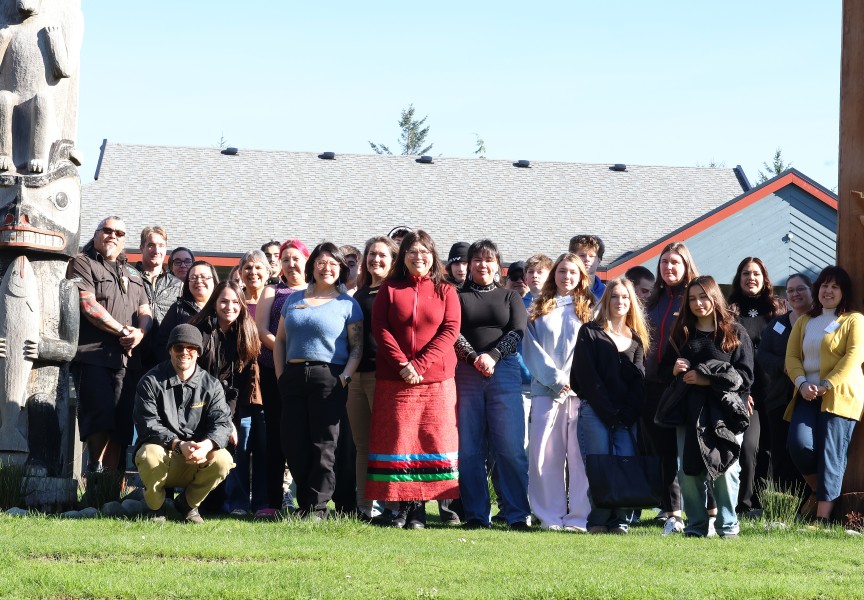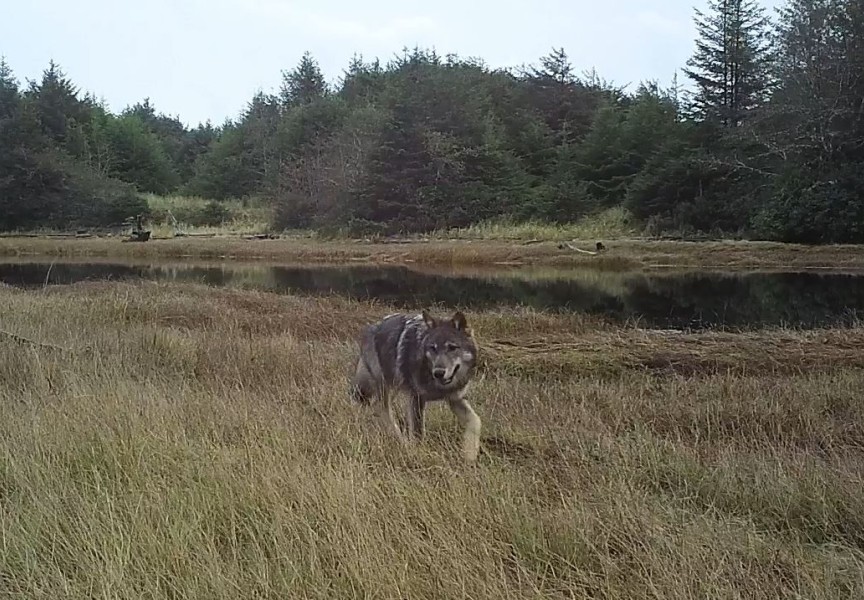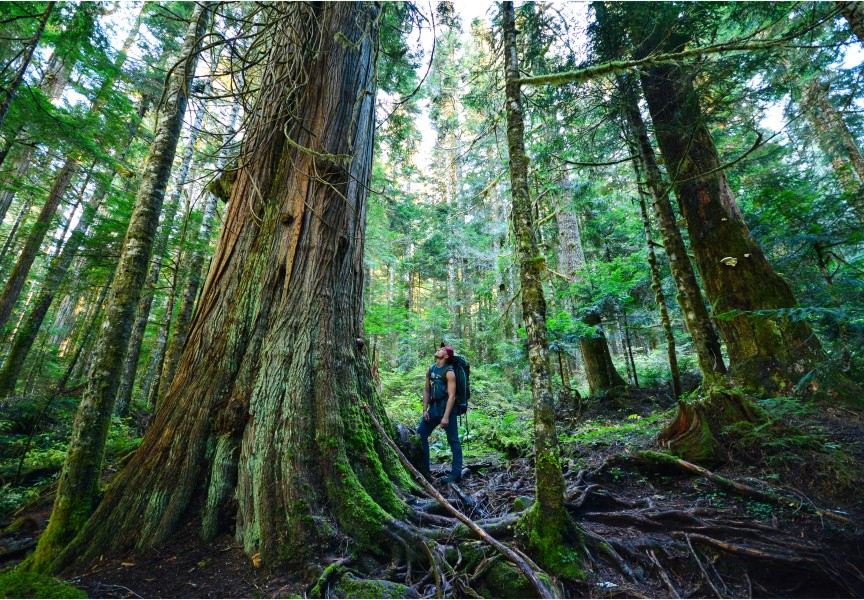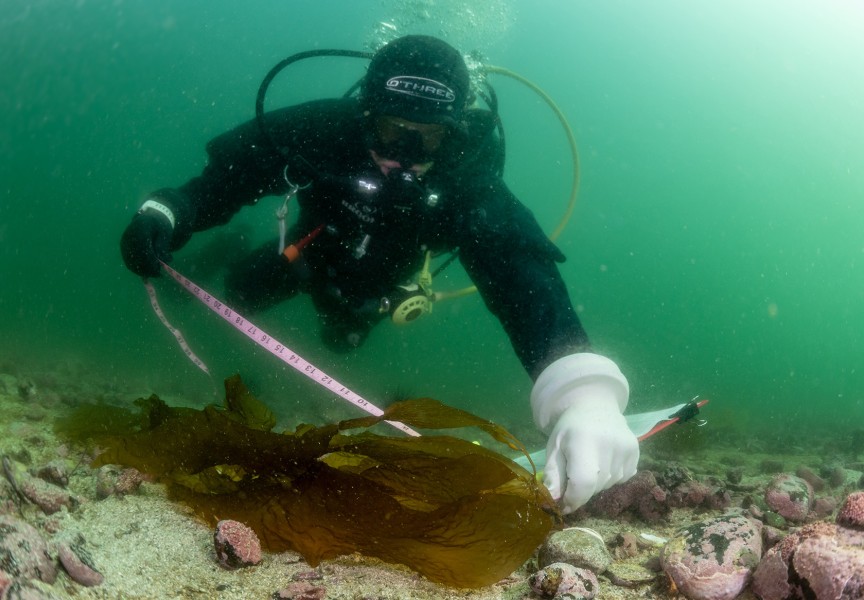Through the Clean Coast, Clean Waters (CCCW) initiative, the province has funded over $49 million for eight projects that will clean more than 1,400 kilometers of coastal shorelines, removing at least 70 derelict vessels and creating 630 new jobs.
For Nuu-chah-nulth, Ka:’yu:’k’t’h’/Che:k’tles7et’h’, Tla-o-qui-aht, Yuułuʔiłʔath, Huu-ay-aht, Uchucklesaht, Tseshaht, Toquaht, Hesquiaht, Nuchatlaht and Mowachaht/Muchalaht are among the First Nations that will benefit from these projects as partners of recipient organizations.
The Ocean Legacy Foundation, Coastal Restoration Society, Rugged Coast Research Society, Campbell River Association of Tour Operators and K’yuu Enterprise Corporation have received more than $10.5 million each, with the funding total amounting to $49.8 million.
“The [CCCW] initiative is an important part of the CleanBC Plastics Action Plan to reduce plastic waste and pollution in the environment,” reads the provincial press release. “The initiative has ties to the Coastal Marine Strategy, which is being co-developed by coastal First Nations and [the] Ministry of Water, Land and Resource Stewardship.”
“Derelict vessels, plastics and ocean debris do not belong on our beaches or coastline. With the help of [CCCW] projects, we have made significant progress towards the protection and restoration of our marine ecosystems by keeping these items off our beaches and food chain,” said George Heyman, minister of Environment and Climate Change Strategy, in the provincial press release. “These projects also highlight the importance of First Nations' stewardship in safeguarding the natural beauty we enjoy.”
The Ka:'yu:'k't'h'/Che:k:tles7et'h' First Nations (KCFN) have been working with the Rugged Coast Research Society and the Ocean Legacy Foundation for years, said Jeff Neilson, director of Lands and Resources as well as Stewardship/Witwaak Territory Monitoring for KCFN.
“It's a really good opportunity to partner with service providers that have that sort of capacity that can manage these projects and manage the logistics,” said Neilson. “The volume of material that comes out is quite high.”
“The weather and ocean current patterns bring an awful lot of stuff here,” he added. “There are cleanups basically every summer, along KCFN territories and there’s always garbage to be removed from the beaches.”
The Ocean Legacy Foundation received $2.5 million for its Marine Debris Removal and Recycling project, which will work to clean 353 kilometers of debris-polluted shoreline, in partnership with Ka:'yu:'k't'h'/Che:k:tles7et'h', as well as Tla-o-qui-aht, Yuułuʔiłʔath, and others.
The Rugged Coast Research Society received $471, 000 for the removal of 14 derelict vessels throughout Kyuquot Sound with an additional six to ten vessels that may be identified for removal throughout the course of the project’s survey’s and consultation, reads the press release.
“The Witwaak patrol the territories and keep track of, in the case of derelict vessels… keep GIS records for location,” said Neilson, adding that they keep track of derelict vessels, keeping GIS records to locate them, with data on size, types of vessels and approximate weight. “[W]hen we do have opportunities like this, to have vessels removed, we can go with an already formatted list to service providers.”
“The [CCCW] initiative allows our team to do more of what we love, which is to carry out remote restoration projects,” said Renny Talbot, director and biologist for the Rugged Coast Research Society, in the provincial press release. “We look forward to continued collaboration with partner non-profits and Indigenous governments supporting the province in their work to create jobs and support coastal communities.”
“The stewardship of the territories is an innate responsibility of the nations,” said Neilson. “Being able to participate in that work and direct that work is really important.”

